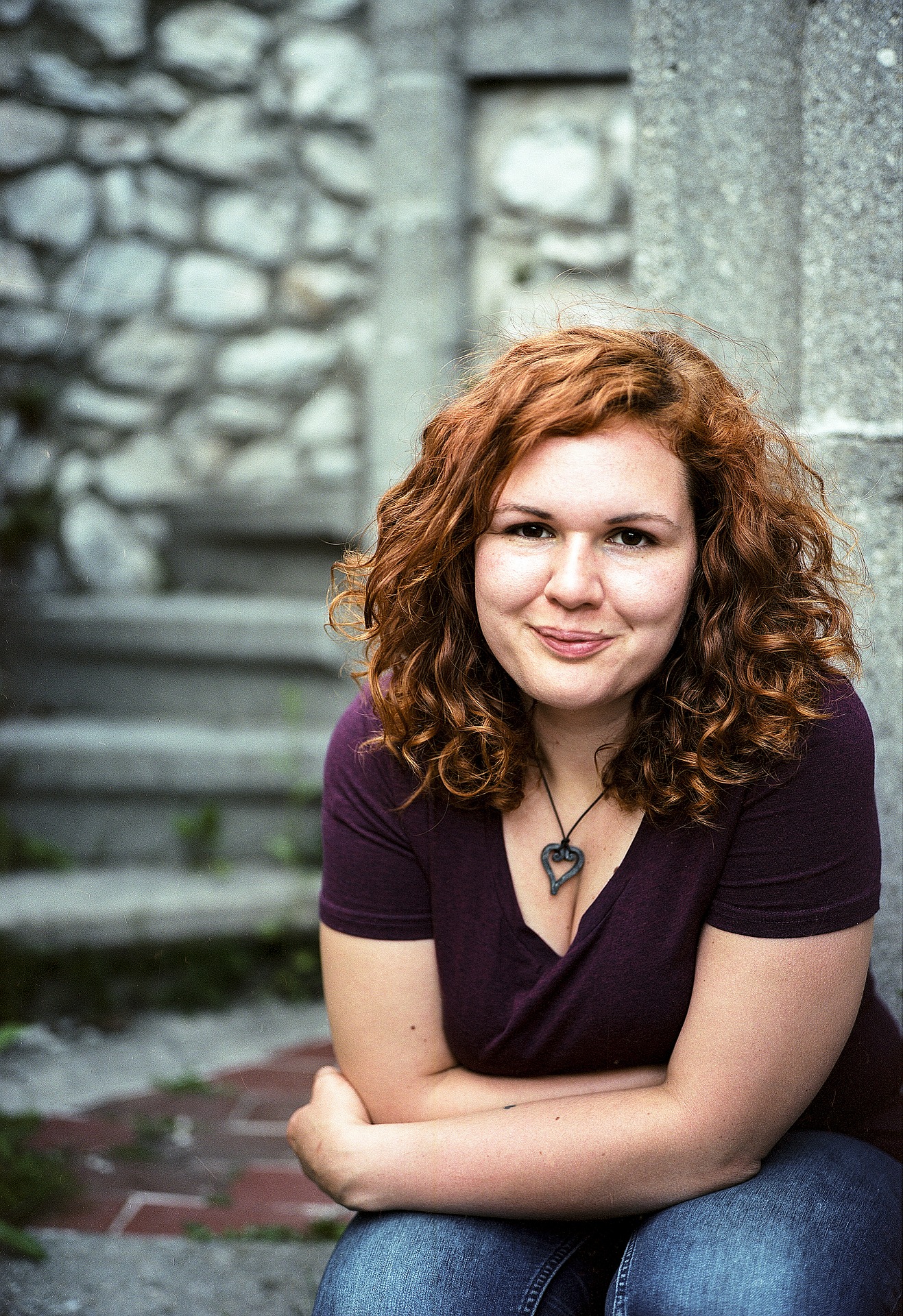Treating opioid addiction involves overcoming physical dependence and replacing drug-using behaviors with healthier habits.
What is Treatment for Opioid Addiction Really Like?
Anyone considering treatment for opioid addiction has likely been through the many ups and downs that come with an addiction problem. Attempts to stop using on one’s hold only work for so long before temptations and drug cravings win out. Meanwhile, friends and family have all but reached their limit as far as the “addiction problem” goes.
Once the decision to get treatment for opioid addiction is made, a certain degree of anxiety can be expected considering the important role drugs have taken on in a person’s day-to-day life. Much of this anxiety can be alleviated by having an idea of just what treatment for opioid addiction is really like. Ultimately, accepting the idea of treatment and recovery gets easier the further along you get in the process.
Breaking the Body’s Physical Dependence
As a necessary first step in treatment for opioid addiction, breaking the brain and body’s physical dependence on opioids paves the way for the real work of addiction treatment to begin. Also known as detoxification treatment, these programs administer medications to help relieve the uncomfortable withdrawal effects that develop when stopping drug use. According to the U. S. National Library of Medicine, withdrawal effects typically take the form of:
- Muscle aches and pains
- Insomnia
- Diarrhea
- Nausea
- Vomiting
- Irritability
- Agitation
- Mood swings
- Chills and sweats
Detoxification treatment for opioid addiction also entails drug education training where addicts come to understand how opioid abuse breeds addiction. With the most severe forms of drug abuse, treatment for opioid addiction may also require medication therapies, such as methadone or buprenorphine to help correct for severe chemical imbalances in the brain.
Not sure if your insurance will help cover your treatment costs? Call our helpline at 800-934-1582(Sponsored) for more information.
Breaking Compulsive Drug-Using Behaviors
In essence, treatment for opioid addiction has to do with undoing the damaging effects of drugs on a person’s thinking and behaviors. These effects result from the drug’s effects in the brain as well as from the compulsive drug-using behaviors that surface once addiction takes hold. While the discomfort experienced during detoxification may seem like the most difficult part of recovery, the emotional hold that opioids exert over one’s thinking and behaviors ultimately becomes the greatest obstacle addicts must overcome recovery.
According to the National Institute on Drug Abuse, this stage of treatment for opioid addiction focuses on helping a person learn a range of skills that work to support drug-free living, including:
- Stress management
- How to express one’s feelings in a constructive manner
- Identifying destructive addiction-based thinking
- Relapse prevention training
- Healthy communication skills
- How to work through conflict with others
This stage of treatment for opioid addiction lasts the longest. For people recovering from chronic, long-term addiction, this stage can turn into a lifelong process in cases where drug use has left behind severe brain dysfunction.
Treatment for Opioid Addiction: Considerations
The temptation to consider oneself “cured” after completing detox treatment can be strong considering how good the brain and body feel once the system is cleaned out. As freeing as it may feel, the thinking and behaviors that characterize addiction remain unchanged. For these reasons, continuing on in the treatment for opioid addiction process is essential to regaining control of your life.
If you or someone you know are considering treatment for opioid addiction and need help finding treatment that meets your needs, please feel free to call our toll-free helpline at 800-934-1582(Sponsored) to speak with one of our addictions specialists.
the Take-Away


